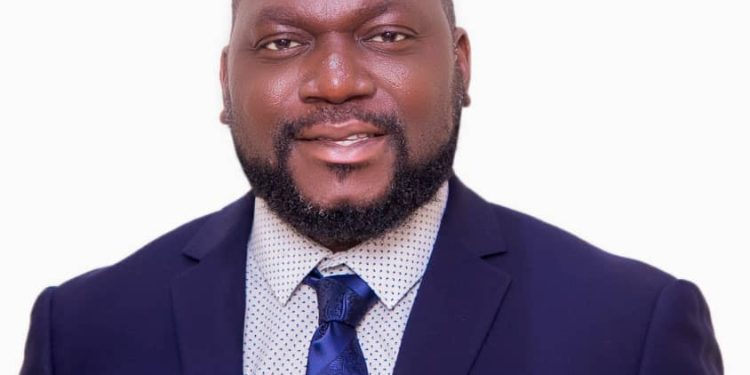Coordination through START FUND 963 Learning Meeting
The Benue State Government, through the Bureau for International Cooperation and Development (BICD), in partnership with Christian Aid, convened a two-day residential learning and reflection meeting on September 2nd, 2025, to review the implementation of the START FUND 963 intervention.
According to statement by Juliet Okenyi, Information Officer, Benue State Bureau for International Cooperation and Development (BICD), the session, held at Taal Conference Hotel in Lafia, brought together senior government officials, humanitarian partners, and community stakeholders to evaluate achievements, identify gaps, and chart a way forward for humanitarian coordination in the state.
According to BIDC, the START FUND 963 intervention was launched in response to violent attacks on Yelewata community in Guma LGA and provided lifesaving assistance to displaced households across Guma and Makurdi LGAs between July 1st and August 31st, 2025. With a grant of £249,700 (₦500 million), Christian Aid, in partnership with Ohonyeta Caregivers Foundation, reached over 10,500 individuals across three IDP camps, it said.
“The support included unconditional cash transfers to 1,620 households, non-food items to 1,500 households, hygiene sensitisation for 9,100 individuals, dignity kits for nearly 700 women and girls, and psychosocial support for 500 individuals” the statement further explained.
The reflection meeting was chaired by Dr. Aondoaseer Viashima, Director General of BICD, and attended by top state officials including Deacon Barr. Seremun Aber, Secretary to the State Government; Sir James Iorpuu, PhD, Executive Secretary of BSEMA; Dr. Kumafan Dzaan, Director General of the State Bureau of Statistics; Air Commodore Jacob Gbamwuan (Rtd.), Director General of the Bureau for Homeland Security; Hon. Mimi Kadev, Special Adviser on Humanitarian Affairs; Prof. Andohol Jerome, Director General of the Benue State Budget and Economic Planning Commission; and Dr. Emmanuel Waghbo, State Cash Transfer Officer, alongside his SOCU team.
In his remarks, Dr. Viashima praised Christian Aid’s transparent and inclusive approach: “This project has shown that when government, partners, and communities work together, humanitarian aid can be delivered with both speed and accountability. This is the model we must build upon.”
One of the central issues identified during discussions was the need to strengthen coordination to avoid “double dipping” — where households benefit from multiple interventions while others are left out. Dr. Waghbo explained that tools such as the Social Register and improved data-sharing mechanisms are critical to ensuring fairness and efficiency.
Prof. Jerome emphasized the role of programme budgeting in linking short-term relief with long-term development: “Humanitarian interventions must not stand apart from government planning. Programme budgeting ensures every naira spent contributes to a sustainable development pathway for Benue State.”
Representing Christian Aid, Victor Arokoyo, Head of Programmes, highlighted the organisation’s commitment to accountability and local partnership: “From the start, our goal was not only to deliver emergency relief but also to do so in a way that strengthens local systems, respects community voices, and supports government leadership in humanitarian coordination.”
Hon. Mimi Kadev, Special Adviser on Humanitarian Affairs, underscored the importance of community engagement and accountability. “What we have learned from this intervention is that our people are not passive recipients of aid. They are central actors in identifying needs, monitoring delivery, and shaping outcomes. Going forward, every humanitarian programme in Benue must prioritize transparency, fairness, and inclusion — this is how we will build trust and resilience.”
The Secretary to the State Government, Deacon Aber, reiterated government’s leadership role, stating that, “Humanitarian action in Benue must be government-led, partner-supported, and community-driven. This reflection exercise gives us the blueprint to achieve that.”
Stakeholders also noted the persistent security challenges in Guma and Makurdi, including farmer-herder clashes and banditry, which continue to disrupt aid delivery. Participants underscored the importance of strengthening early warning systems, enhancing collaboration with security agencies, and embedding risk management in programme design.
Day one’s discussions on achievements, gaps, and lessons laid a foundation for deeper exploration on day two, which focused on resilience-building, durable solutions, and integrating humanitarian work into the state’s broader development strategy.
The START FUND 963 reflection meeting demonstrated that Benue State is not only responding to emergencies but also shaping a coordinated, data-driven, and sustainable model of humanitarian action — one that other states and partners can look to as an emerging best practice.













